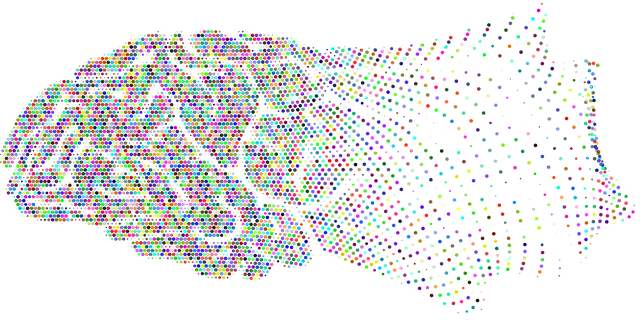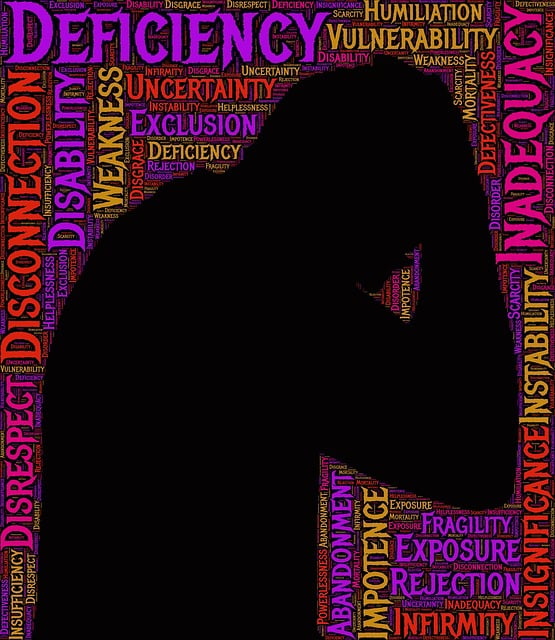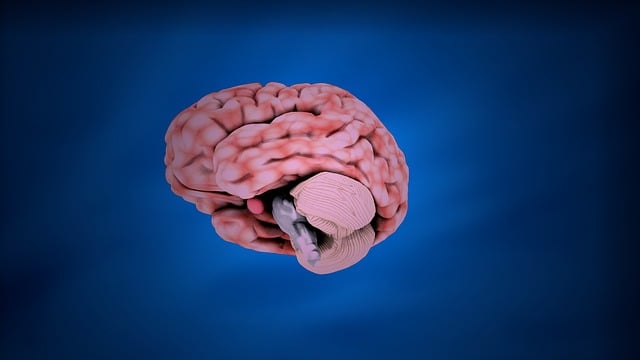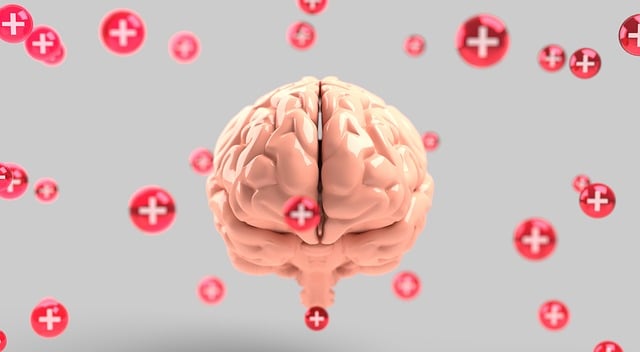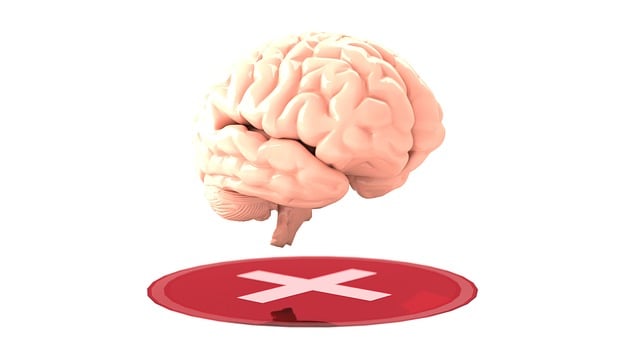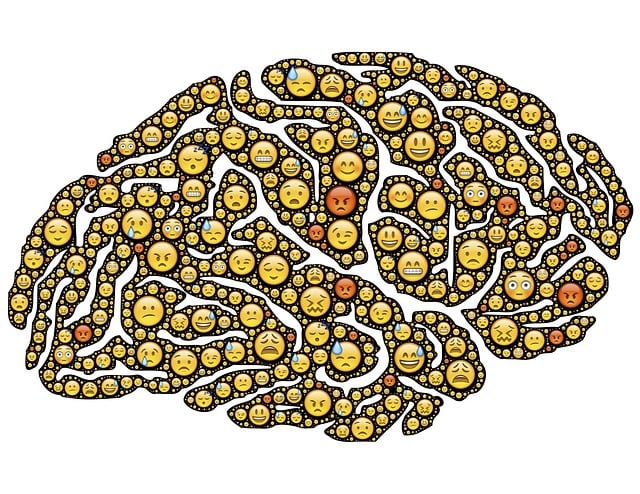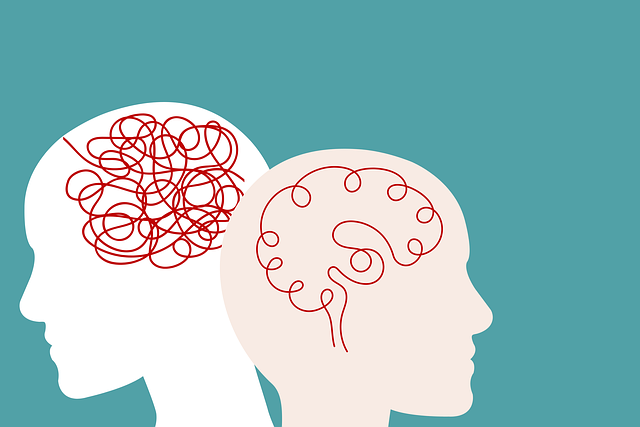Diagnosing mental illness in adolescents from blended families is a nuanced challenge due to developmental, familial, and individual factors. Mental healthcare providers are adopting comprehensive assessment methods, integrating clinical interviews, questionnaires, and observational techniques, and employing evidence-based therapies like CBT, DBT, and mindfulness meditation to improve accuracy and outcomes. Building strong collaborative relationships through cultural sensitivity training, and leveraging technology through telehealth and digital platforms enhance diagnosis and treatment, normalizing conversations about mental health and offering support for these complex families.
Mental illness diagnosis accuracy is a critical aspect of adolescent care, especially within blended families. This article explores efforts to enhance diagnostic precision, focusing on comprehensive assessments, evidence-based therapies, and collaborative relationships. We delve into multi-method approaches tailored to adolescents in blended family settings, emphasizing the importance of cultural sensitivity and digital tools like telehealth and apps. By integrating these strategies, we aim to optimize treatment and improve outcomes for therapy-seeking adolescent teens in complex family structures.
- Understanding the Challenges: Uncovering the Complexities of Mental Illness Diagnosis in Adolescents and Blended Families
- The Role of Comprehensive Assessments: Enhancing Diagnostic Accuracy through Multi-Method Approaches
- Integrating Evidence-Based Therapies: Optimizing Treatment for Adolescent Teens in Blended Family Settings
- Building Collaborative Relationships: Training Professionals for Effective Communication and Cultural Sensitivity
- Utilizing Digital Tools and Resources: Telehealth, Apps, and Online Platforms to Improve Access and Diagnosis Quality
Understanding the Challenges: Uncovering the Complexities of Mental Illness Diagnosis in Adolescents and Blended Families

Diagnosing mental illness in adolescents and within blended families presents unique challenges due to the complex interplay of developmental stages, family dynamics, and individual experiences. Adolescence is a period of significant cognitive, emotional, and social growth, making it crucial to consider how these factors can influence mental health symptoms and behaviors. In blended families, where step-parents and their biological children coexist with previous partners’ children, the dynamics are even more intricate. Understanding these complexities requires a nuanced approach that considers not just individual presentations but also the unique context of each family unit.
Therapy for adolescent teens in blended families demands cultural sensitivity in mental healthcare practice to effectively address these issues. Mental health awareness and stigma reduction efforts play a pivotal role in creating an environment where adolescents feel comfortable seeking help without fear of judgment or discrimination. By acknowledging the complexities and employing culturally sensitive strategies, mental healthcare providers can enhance diagnosis accuracy and improve outcomes for young people navigating their mental health journeys.
The Role of Comprehensive Assessments: Enhancing Diagnostic Accuracy through Multi-Method Approaches

Mental health professionals increasingly recognize the value of comprehensive assessments in enhancing diagnostic accuracy, especially when working with diverse populations such as adolescents from blended families. Traditional methods often rely on a single-method approach, but integrating multiple techniques can provide a more nuanced understanding of an individual’s mental health. By combining clinical interviews, standardized questionnaires, and observational assessments, professionals can capture various aspects of a teen’s experience.
This multi-method strategy is particularly beneficial for adolescents from blended families, who may present with unique challenges related to identity, attachment, and family dynamics. For instance, therapy sessions combined with risk management planning tailored to their specific needs can foster positive thinking and better coping mechanisms. Stress management workshops designed for organizations serving these families can further enhance resilience and overall mental well-being, ensuring a more holistic approach to care.
Integrating Evidence-Based Therapies: Optimizing Treatment for Adolescent Teens in Blended Family Settings

In the context of mental illness diagnosis accuracy, integrating evidence-based therapies is a crucial step in optimizing treatment for adolescent teens in blended family settings. These families often face unique challenges due to their complex dynamics, requiring tailored therapeutic approaches. Therapies like Cognitive Behavioral Therapy (CBT), Dialectical Behavior Therapy (DBT), and Mindfulness Meditation have proven effective in enhancing coping skills development among adolescents navigating these intricate relationships. By incorporating evidence-based techniques into treatment plans, mental health professionals can better equip teens with the tools needed to manage their mental wellness.
Additionally, producing a Mental Wellness Podcast Series tailored for this demographic can serve as an innovative extension of therapy. Such podcasts could offer practical insights, share success stories, and promote mindfulness exercises—all contributing to the overall coping skills development among adolescent teens in blended families. This multimedia approach has the potential to reach a broader audience, normalizing conversations about mental health and offering accessible support for those navigating these complex family structures.
Building Collaborative Relationships: Training Professionals for Effective Communication and Cultural Sensitivity

Building strong collaborative relationships is a key strategy to enhance mental illness diagnosis accuracy, especially within diverse populations like blended families involving adolescent teens. Training professionals in effective communication and cultural sensitivity is paramount in this context. By fostering open dialogue and understanding the unique challenges faced by these families, therapists can create a safe environment for honest discussions. This approach encourages adolescents to express their feelings and thoughts freely, leading to more accurate assessments.
The integration of Cultural Sensitivity in Mental Healthcare Practice plays a pivotal role here. Training ensures professionals are adept at navigating cultural differences, thereby avoiding potential miscommunications or misunderstandings. Moreover, resilience-building techniques and crisis intervention guidance can empower both teens and families to cope with the often complex dynamics within blended households. Such proactive measures significantly contribute to improving diagnostic accuracy and overall mental health outcomes for adolescents in these settings.
Utilizing Digital Tools and Resources: Telehealth, Apps, and Online Platforms to Improve Access and Diagnosis Quality

In today’s digital era, leveraging technology offers a promising path to enhance mental health support and improve diagnosis accuracy. Telehealth services provide accessible therapy options for adolescent teens and families in blended relationships, breaking down geographical barriers. Through video conferencing, individuals can connect with professionals remotely, ensuring consistent care regardless of location. This approach is particularly beneficial for those facing transportation challenges or living in remote areas with limited access to mental health facilities.
Online platforms and mobile apps also play a pivotal role in mental illness diagnosis improvement. Many applications offer self-assessment tools and resources that encourage users to develop a self-care routine, boost emotional intelligence, and track their progress over time. These digital interventions not only promote early detection of mental health issues but also help reduce the stigma associated with seeking therapy. By integrating such tools into clinical practices, healthcare providers can offer more comprehensive care, especially for younger populations and individuals in diverse family structures.
Mental illness diagnosis accuracy in adolescent teens within blended families is a multifaceted challenge that requires comprehensive assessments, evidence-based therapies, collaborative relationships, and digital tools. By integrating multi-method approaches, training professionals for cultural sensitivity, and leveraging telehealth and online platforms, we can significantly enhance diagnostic quality and ultimately improve outcomes for these vulnerable youth. These efforts are crucial steps towards ensuring that adolescent teens in blended families receive the appropriate therapy and support they need to thrive.
